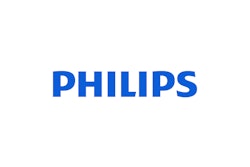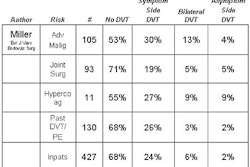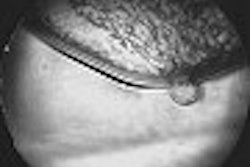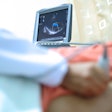Medical device developer Philips Medical Systems of Andover, MA, has signed a letter of intent with MediGuide of Haifa, Israel, to equip its Integris Allura flat-panel catheterization lab with sensor-tracking capabilities.
The technology will provide clinicians with 3-D information on the vascular structure of the heart to more accurately assess and locate lesions, helping them determine what type of interventional cardiology procedure to perform and enabling them to make more confident treatment decisions, Philips said.
The integration will enable physicians to use guided intravascular ultrasound (GIVUS) systems developed by MediGuide and Boston Scientific in conjunction with Integris Allura. Once a clinician has located the tip of a GIVUS catheter, its position and the surrounding arterial walls can be viewed in 3-D.
The company claims this will allow for better lesion assessment, making it easier to determine which catheter, stent, and procedure to use, and will also lower the use of fluoroscopy and contrast agents. In addition, the system enables the use of quantitative 3-D imaging modalities for the inspection of coronary vessels.
In other Integris news, Philips has signed an agreement with image-guided surgery firm Stereotaxis of St. Louis for the development of new technologies with Integris and Stereotaxis’ Niobe magnetic navigation system.
The companies will primarily focus on interventional cardiology applications, and note that the systems will also be suitable for use in electrophysiology. Future developments may include applications in other areas of interventional medicine, Philips said.
By AuntMinnie.com staff writersSeptember 19, 2003
Related Reading
Philips goes direct in Texas and Oklahoma, September 18, 2003
Philips takes aim at molecular imaging, August 19, 2003
Philips debuts AcQSim3, August 12, 2003
Fischer, Philips to develop mammo/US prototype, August 12, 2003
Philips debuts Intera Enterprise, July 25, 2003
Copyright © 2003 AuntMinnie.com



















